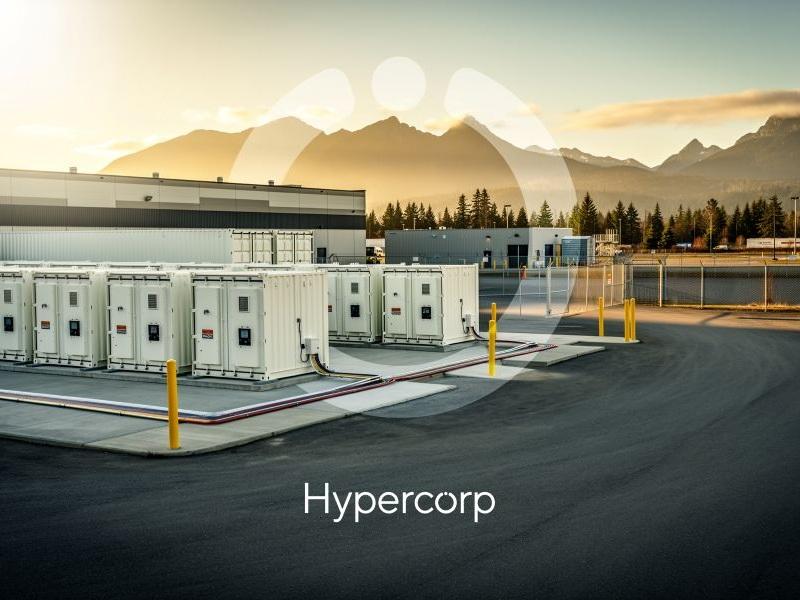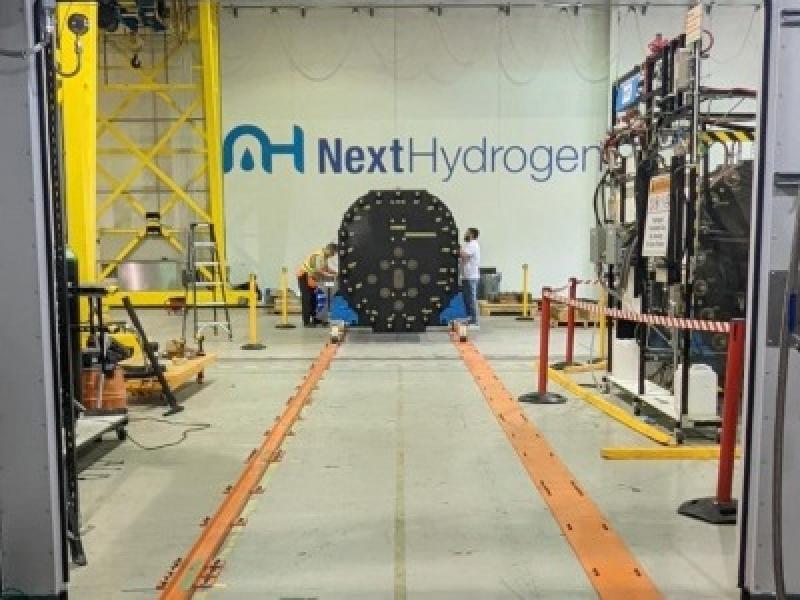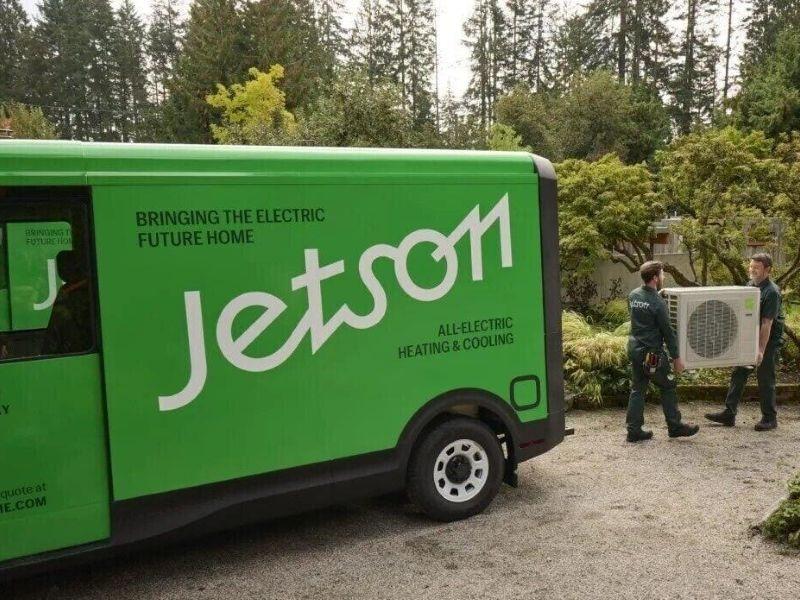
Top collector Karen Henderson picked up more than 80,000 cigarettes in Port Hope, Ont. during last spring’s campaign (Courtesy A Greener Future)
A Greener Future has been organizing The Butt Blitz since 2015. The country’s largest cigarette cleanup, the blitz has led to the collection of nearly two million cigarette butts.
In partnership with TerraCycle Canada, the butts are then repurposed at recycling plants.
Founded by Rochelle Byrne in 2014, A Greener Future gathers volunteers every spring for the Love Your Lake campaign to clean litter along Lake Ontario. During these sweeps, volunteers collect data on every discarded item to determine the most problematic sources of trash, advocate for solutions and raise awareness about plastic pollution in Lake Ontario.
The Oshawa-based non-profit organization realized cigarette butts accounted for over 75 per cent of the garbage it collected. That’s no surprise because, at a total of 4.5 trillion each year, cigarette butts are the most littered item in the world.
“Cigarette butts are the No. 1 item we pick up during litter cleanups,” said Byrne in a release. “They’re also very problematic when left in the environment because they leach toxins, polluting our water sources, and also break up into microplastics since the filters are made of a plastic filament. We hope to prevent future littering by raising awareness of the negative impacts that cigarette butt litter has on ecosystems and health.”
The City of Toronto echoed the sentiment in a tweet about their anti-cigarette-littering campaign, drawing attention to the receptacles scattered across the downtown core. Other businesses soon got on board, showing their support.
The Bloorcourt business improvement area retweeted the post, adding, “200 years is a long time. And that is how long it takes on average for cigarette butts to break down. So let’s get them off our #Bloorcourt streets and into the proper place of disposal, which includes City of #Toronto trash receptacles.”
Bloorcourt’s mandate is to promote economical development by enhancing the safety, look and feel of the neighbourhood to attract more visitors to shop and dine, and draw new businesses to the area.
The Butt Blitz is born
In response to the staggering statistics, A Greener Future created The Butt Blitz to raise awareness and promote environmental protection, provide educational resources including programs and events, and use data to develop solutions. To date, the company has collected nearly two million discarded cigarette butts.
Karen Henderson was the top collector from the 2020 campaign, picking up more than 80,000 cigarette butts in Port Hope, just east of Toronto. She said the Butt Blitz was a “real eye-opener” to the amount of cigarette litter in the world.
“We all assume that cigarette butts will break down over the years and disappear. I saw firsthand that they do not,” Henderson said in a release.
The Butt Blitz usually lasts for only one day each year, but has adapted to accommodate the COVID-19 pandemic. The event generally involves large groups of people gathering to collect the garbage.
This year, however, volunteers were divided into teams of 10, spread across multiple locations, and worked independently to reach a combined goal of 50,000 cigarette butts during the month of April, which was Earth Month.
The spring campaign saw 160 volunteers in 25 locations across Canada remove a total of 825,796 discarded cigarette butts from the environment.
TerraCycle repurposes landfill-destined butts
But the organization does not stop there.
Collaborating with Canadian company, TerraCycle, volunteers send the discarded cigarette butts to the company’s recycling plant for processing. The waste is repurposed into various products such as plastic pallets, while the remaining tobacco is composted and returned to the earth.
TerraCycle recycled the cigarette butts collected from April 1 – May 15, resulting in 294.61 lbs. of recycled plastic waste. The company also collaborates with the Santa Fe Natural Tobacco Company to recycle billions of cigarette butts in the United States each year.
Anyone interested in recycling their cigarette waste can contact TerraCycle to participate in its UNSMOKE cigarette recycling program. The company accepts extinguished cigarettes, cigarette filters, loose tobacco pouches, outer plastic packaging, inner foil packaging, rolling paper and ash.
Participants can recycle at home by joining the program and downloading a free shipping label. Shipments of at least three pounds earn TerraCycle points, which can be allocated toward charitable gifts, or redeemed as a payment of $0.01 per point to the non-profit organization or school of the participant’s choice.
TerraCycle is a waste management innovator operating in over 20 countries. It partners with consumer product companies, retailers and cities to repurpose hard-to-recycle waste and products typically not locally recyclable, and which would otherwise end up in landfills or incinerators.
Filters aren’t recyclable
Cigarette filters are made from synthetic microfibres that take years to break down.
“Walking along Toronto’s waterfront, I picked up dozens of cigarette butts in 60 seconds,” said Lisa Erdle, a University of Toronto researcher, in a release.
Erdle, who studies how microplastics and microfibres affect aquatic life, said every fish she has examined from the Great Lakes has had a piece of microfibre or microplastic in its system.
“It’s probably getting into us and we don’t know what the effects are to humans. But we’re literally eating and drinking our litter,” said Erdle in the release.
Cigarette filters line city streets in downtown Toronto, acting as a source of stress to business owners and an eyesore to prospective customers. In 2019, the City of Toronto launched a campaign to try to stop smokers from flicking their cigarette butts, reminding them to dispose of the filters properly.
“There’s this thought out there that people flick a cigarette butt on the ground and it’s mysteriously going to disappear. It doesn’t happen,” said Robert Orpin, director of collections and litter operations for the City of Toronto, in a release. “If you’re smoking, it’s your responsibility after you finish to put (the cigarette) in the garbage. We have 9,500 street receptacles out there.”
The irony of filtered cigarettes
Tobacco companies introduced filters to make cigarettes “healthier”; but it has made them more damaging for the planet.
Most filters are made from cellulose acetate, a plastic which either comes from tree fibre, nylon or polyester and is then coated for durability. The fibres are intended to absorb some of the chemicals in the tobacco.
“Those filters are made up of hundreds or thousands of tiny microfibres,” said Erdle in a release. “When a cigarette butt breaks down it’s just breaking apart into these individual fibres and these might get ingested by wildlife and they can carry toxic chemicals.”
The European Union voted to ban many single-use plastics by 2021. As part of the deal, tobacco companies would be responsible for paying for some of costs of collecting cigarette butts.
Toronto Mayor John Tory said the city is not going to go after tobacco companies; however, he believes fining smokers for littering is not the most cost-effective solution either, as it can be difficult for bylaw officers to catch cigarette flicking in action.
“I think the truth is that we just have to educate people to stop this bad behaviour,” said Tory in a release.
The next Butt Blitz will take place this fall. Interested parties can track the organization’s progress through its dashboard, which will be updated daily to reflect the number of butts collected, per-team totals, number of participants and hours dedicated to the cause.








